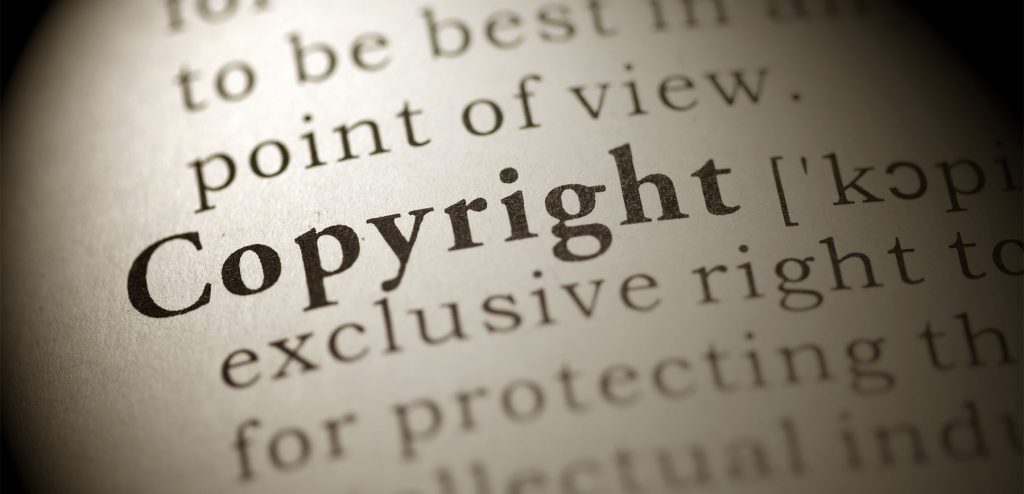What Laws Control Copyright?
In the US, the comprehensive law that contains the basic framework for current copyright is The Copyright Act of 1976. Congress has added many sections to this framework as technology and industry have evolved. Satellite television and radio, the Internet, and social media have made it necessary for copyright laws to adapt. Some of these additions to copyright laws include:
- The Digital Millennium Copyright Act of 1998
- The Musical Works Modernization Act
- The Marrakesh Treaty Implementation Act
What Do Copyright Laws Cover?
Copyright laws generally cover a wide range of matters. They protect the work that people create and provide a framework for the rights and duties of the person who possesses a copyright.
The laws also cover copyright infringement, which is the unauthorized use of copyrighted works in ways not permitted by the owner of the copyrights.
Copyrights are important in many creative industries, as they ensure that individuals or companies cannot legally reproduce and distribute copyrighted materials without paying royalties or licensing fees.
Copyright laws also provide ways for creative professionals such as photographers and musicians, to seek remedies when someone violates their copyrights. The laws allow victims of copyright infringement to seek damages and injunctive relief, among other things.
What is Involved in a Copyright Infringement Claim?
As stated above, copyright laws allow the owner of a copyright, such as a photographer, to file a lawsuit for copyright infringement when someone uses a picture they took without permission or in violation of a licensing agreement.
The copyright holder has to do very little to be eligible to file a claim for copyright infringement. For example, if you are a photographer, you hold a copyright the moment you take a picture. You don’t have to file anything. You automatically have exclusive rights to the photograph. If someone violates your copyright, you can file a claim against them. If you register your copyright, however you have an opportunity to collect statutory damages.
In general copyright infringement requires proof that the defendant used an original work. It is not always necessary that the defendant know the work they are using is copyrighted.
In some cases, there may be a defense of “fair use,” which allows the defendant to use the copyrighted material for limited purposes.
In a successful copyright infringement case, the defendant may have to reimburse the plaintiff for attorney’s fees and costs. In addition to ordering them to pay compensation, the court may penalize the infringer in other ways, such as issuing a permanent injunction.
Contact Our Copyright Infringement Lawyers at Sanders Law Group.
If you are a photographer who needs help enforcing your copyrights or licensing agreements, call our experienced lawyers at Sanders Law Group. We offer free, no obligation evaluations of copyright infringement claims, for photographers and other creative artists.
Call us today at 888-348-3090 for a review of your copyright infringement lawsuit.



